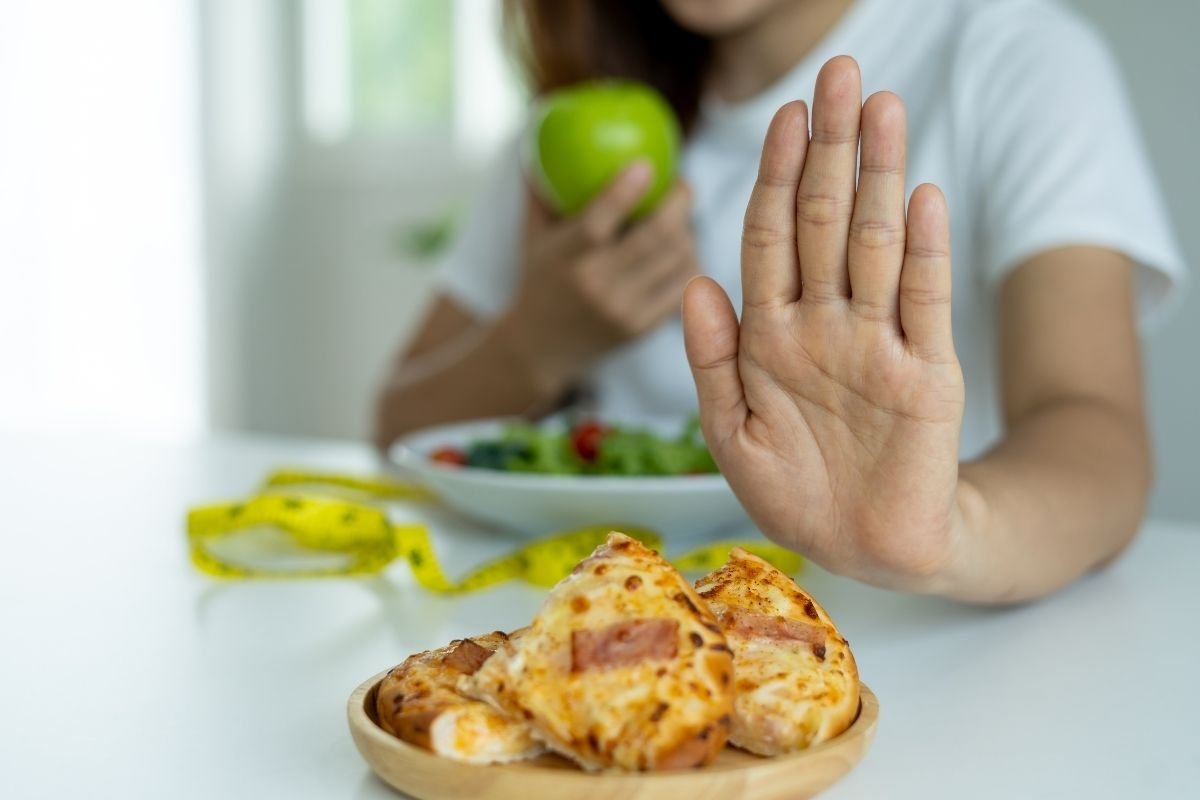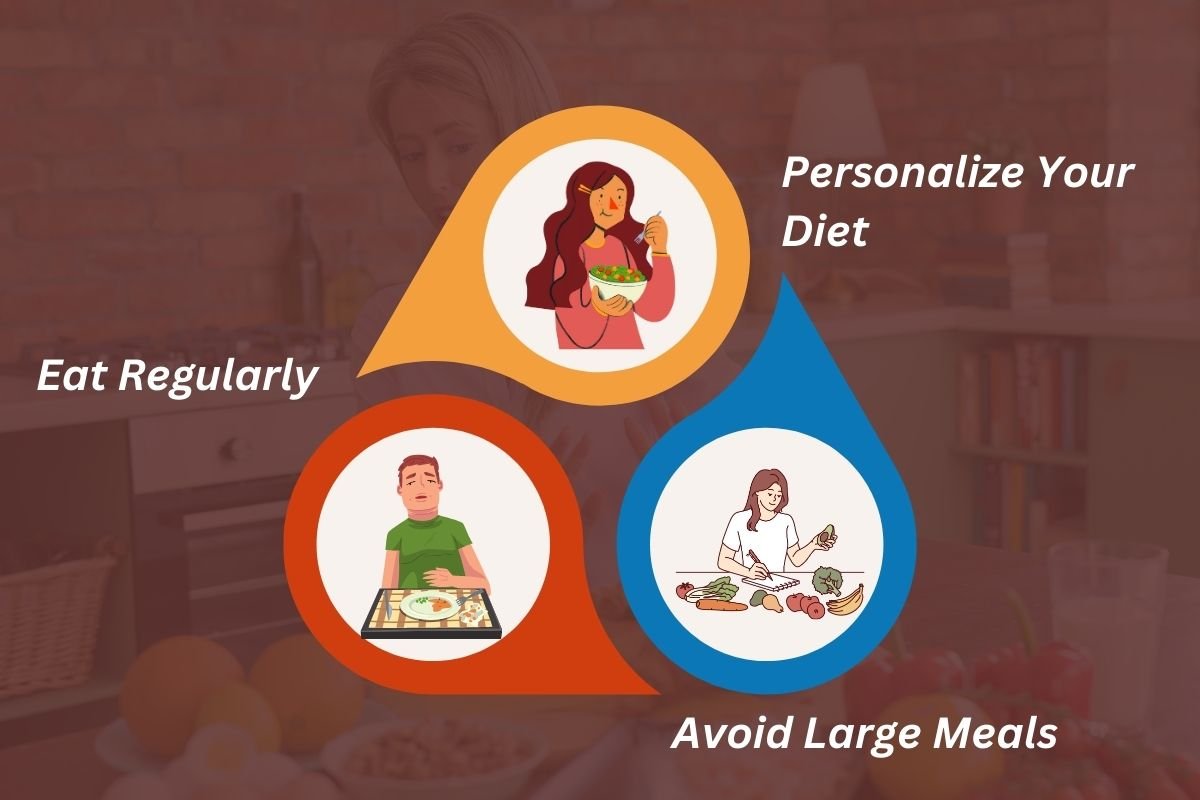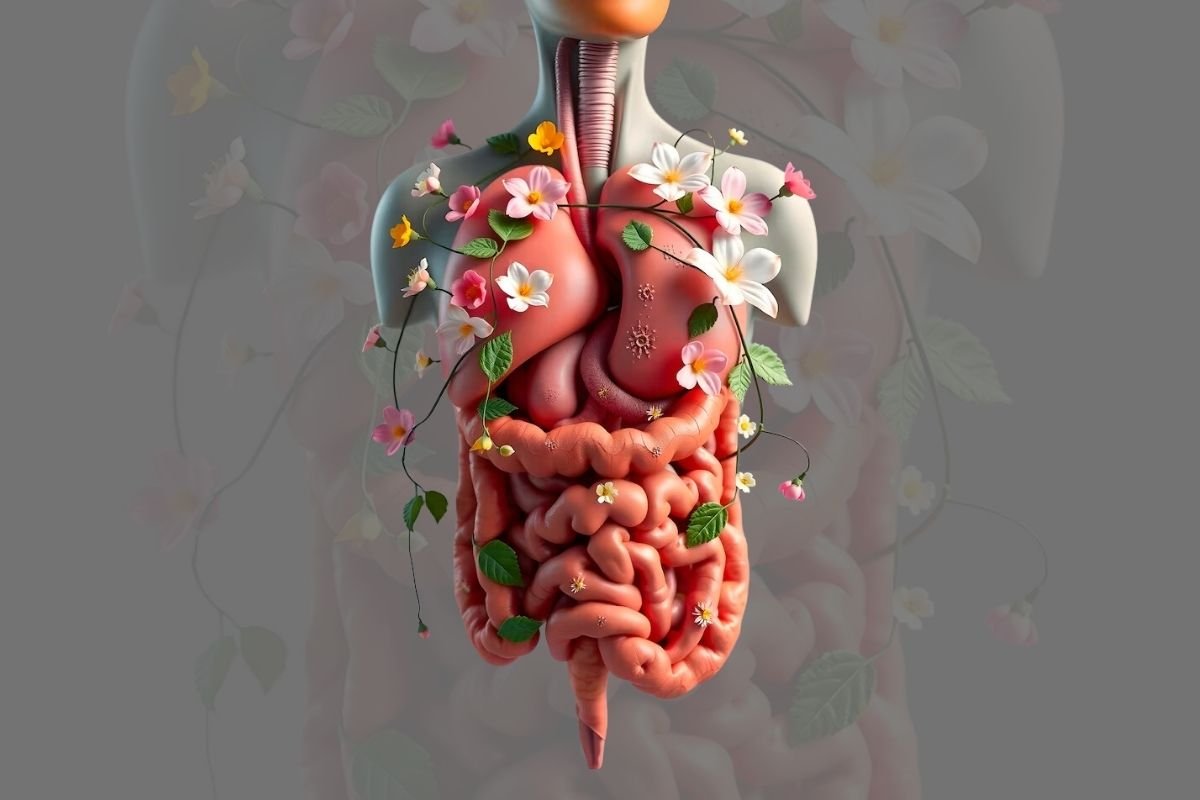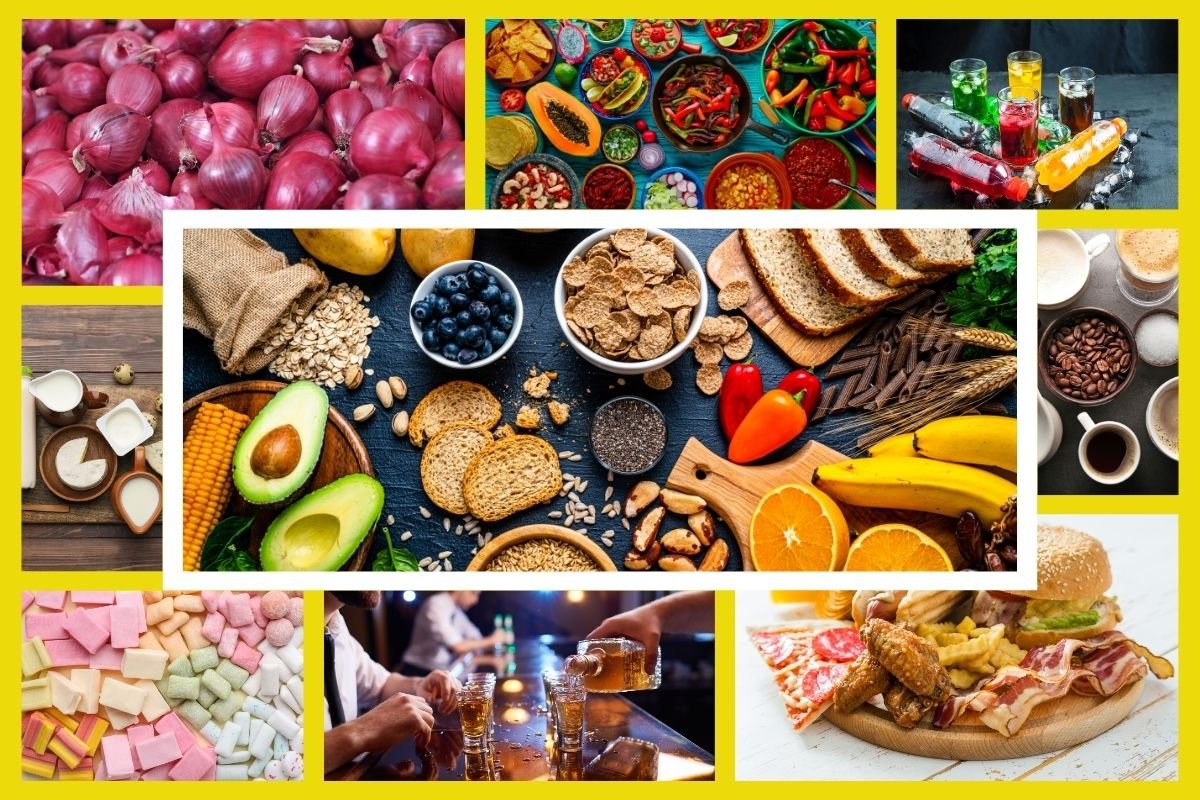It’s not easy to live with Irritable Bowel Syndrome (IBS). If you start suffering from constant stomach cramps to bloating, you are suffering from it. Many of us are always finding solutions to avoid this illness. One of the important aspects of managing this condition is your dietary choices. In this blog, you will learn about the foods to avoid if you have IBS. These foods are recommended by top nutritionists and will keep your digestive system strong and healthy.
What is Irritable Bowel Syndrome?
Irritable Bowel Syndrome is a common gastrointestinal disorder that affects people differently. According to nutritionist Fiona Hunter, ‘IBS can cause different symptoms for different individuals. Some foods create discomfort in one person, while the other might feel it completely tolerable. It is important to adapt the dietary changes with precautions and self-awareness.
The Importance of Personalization
Before understanding the specific foods to avoid if you have IBS, it is important to recognize your tolerance level. You can keep mentioning in your diary which specific foods trigger your IBS. Nutritionist Kirsten Jackson has given the best example for tolerance: it is not compulsory that one person can handle two slices of bread others can.
Top 9 Foods to Avoid if You Have IBS

Here is a list of the ten most problematic foods and drinks to avoid if you suffer from IBS.
1. Onions
Onions can cause gas issues and are one such food that should be avoided if you are suffering from IBS. Other vegetables, such as cauliflower, Brussels, and sprouts can have similar side effects. After consuming such foods, you might have gas and bloating and often pass undigested into the large bowel. These are primary foods you should avoid if you have IBS.
2. Spicy Foods
Spicy foods, particularly those that contain chili, can irritate the gut lining and can speed up the gut issues. This can lead to other painful illnesses, such as diarrhea. Thus, having spicy dishes should be avoided if you are suffering from IBS
3. Fizzy Drinks
Carbonated beverages can increase gas and bloating and make your digestive system weak. The bubbles in fizzy drinks can contribute to discomfort and should be limited in your diet if you have IBS.
4. High-Fiber Foods
While fiber is essential for most people, it can be dangerous for people suffering from IBS. Foods like lentils, wholemeal bread, and wholegrain cereals can irritate the gut for some individuals. Introducing high-fiber foods to allow your body to adjust, as they can be among the foods to avoid if you have IBS.
5. Sugar-Free Sweets and Gum
Though sugar-free options may seem like a healthy choice, they often contain sorbitol and other sugar substitutes that are difficult to digest for those with IBS. These can lead to bloating and gas, so place them firmly on the foods to avoid if you have an IBS list.
6. Alcohol
Alcohol can worsen IBS symptoms by causing loose stools and impacting mood and sleep. Jackson recommends limiting alcohol intake to no more than two units a day, with at least two alcohol-free days each week.
7. Fatty Foods
High-fat meals can trigger the gastro-colic reflex, which may lead to loose bowel movements. Foods like fried items and creamy dishes can irritate the gut, making it a crucial food to avoid if you have IBS.
8. Caffeine
Caffeine acts as a stimulant and can worsen the symptoms of some IBS. It’s found in coffee, certain teas, energy drinks, and even chocolate. If you experience anxiety, loose stools, or pain, reducing caffeine intake might help relieve you from these symptoms.
9. Lactose and Dairy Products
Lactose intolerance is common among individuals suffering from IBS, as the body struggles to digest lactose due to insufficient levels of lactase. This undigested lactose can ferment in the gut, leading to gas and discomfort. If you’re lactose intolerant, you may need to limit dairy products, which are some of the foods to avoid if you have IBS.
Foods Containing FODMAPs
FODMAPs are short-chain carbohydrates that can cause issues for those with IBS. Common culprits include garlic, apples, and wheat. If you suspect FODMAPs are problematic for you, a low FODMAP diet might be worth exploring.
Strategies for Managing IBS
While knowing the foods to avoid if you have IBS is crucial, there are additional strategies you can employ to manage symptoms effectively:

1. Eat Regularly
Having regular meals can help maintain gut mobility. Skipping meals or having irregular eating patterns can increase the risk of IBS symptoms.
2. Avoid Large Meals
Large, heavy meals can overload the gut, leading to bloating and discomfort. Opting for smaller, more frequent meals can help mitigate these risks.
3. Personalize Your Diet
Everyone’s body reacts differently to food, so it’s vital to pay attention to how specific items affect you. Experiment with portion sizes and types of food to find a balance that works for your individual needs.
Conclusion

Living with IBS can be tough, thus these are some foods to avoid if you have IBS that can empower you to make informed dietary choices. It is important to approach these suggestions with a personal touch, as not all foods affect everyone in the same way. Consulting with a healthcare provider or nutritionist can help tailor your diet to best manage your symptoms. By being proactive and mindful about what you eat, you can significantly improve your quality of life and keep IBS at bay.







